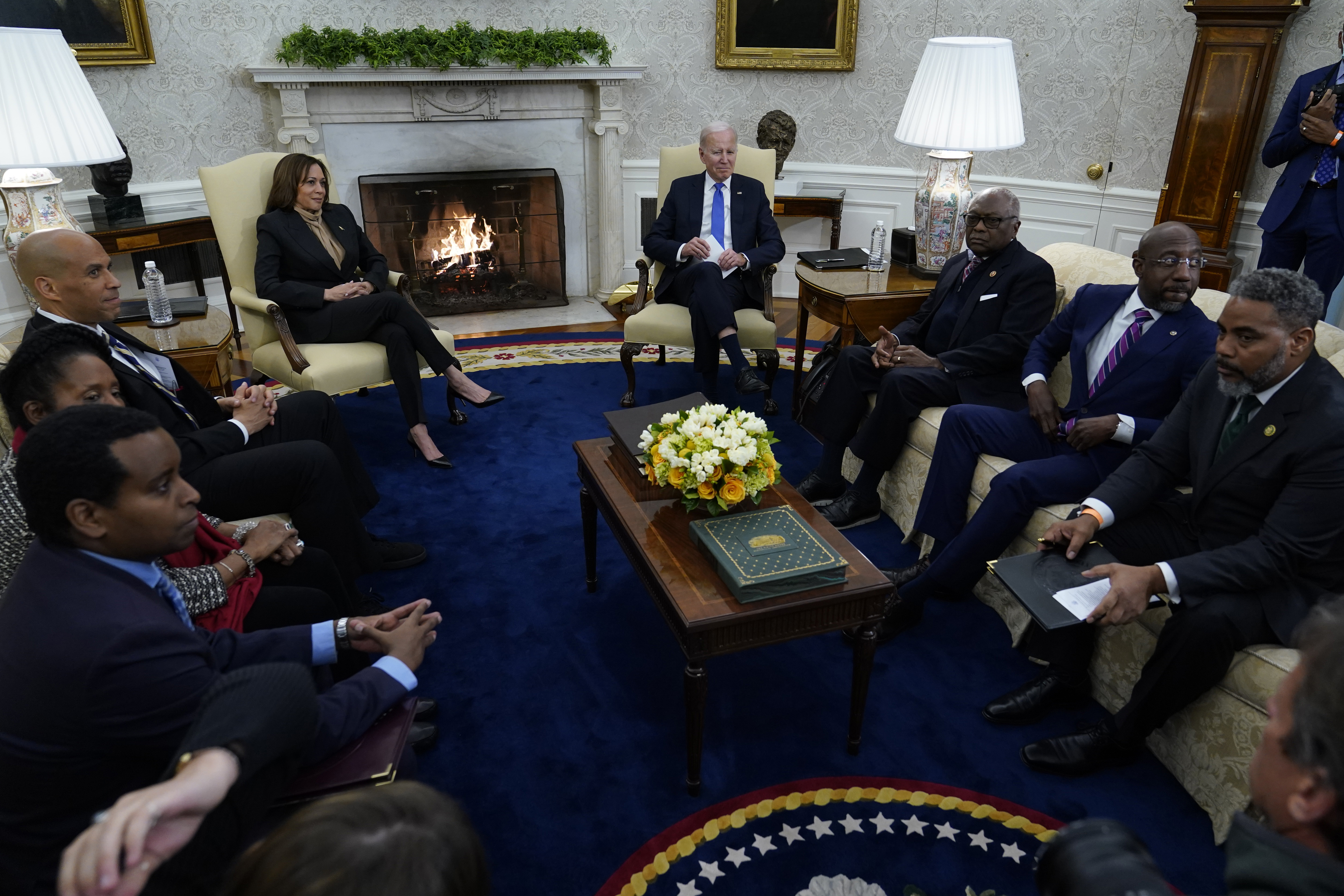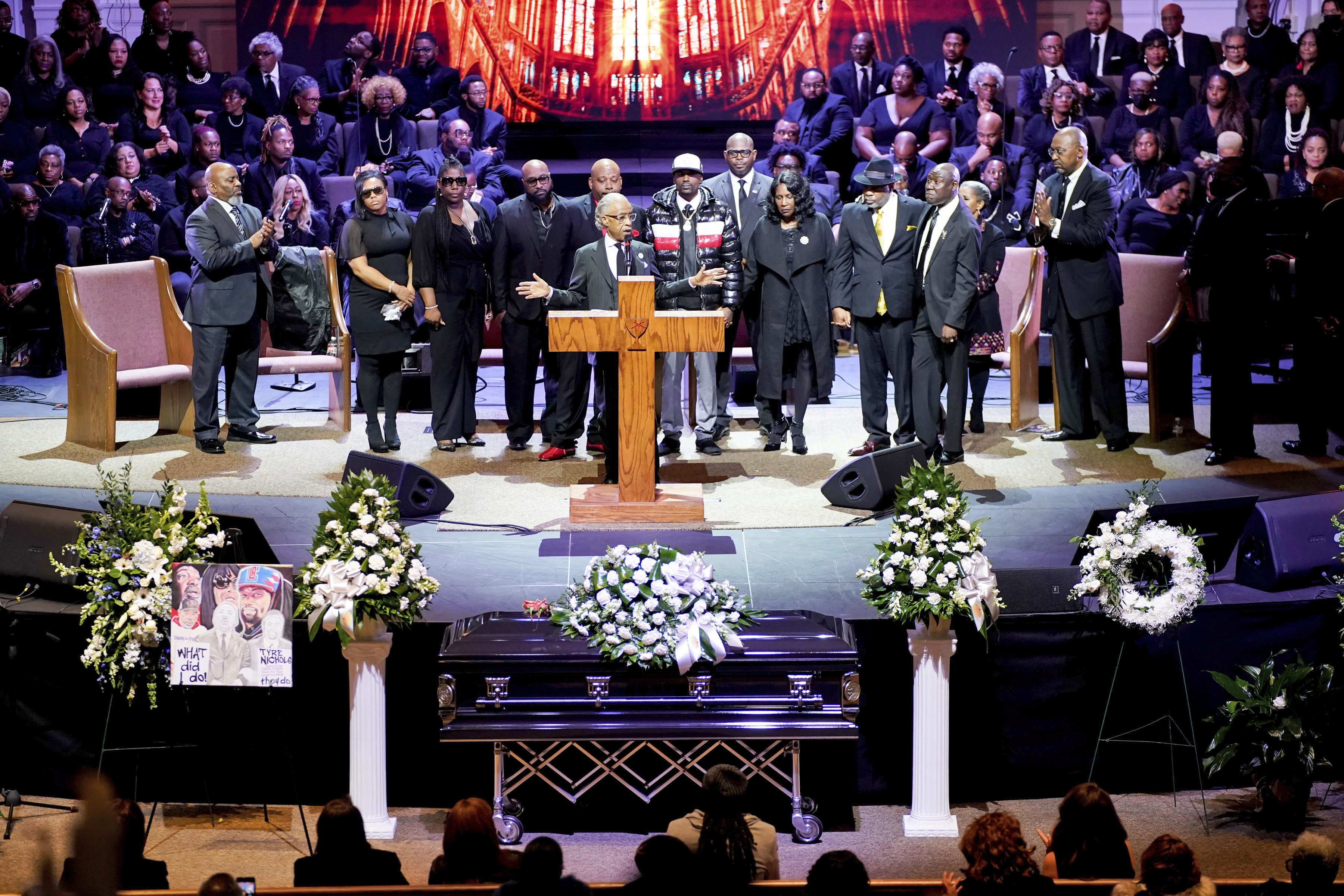Imagine you have a really important job and you get fired from that job twice for two separate incidents. Should you get the job back?
Mayor Michelle Wu fears too many fired Boston police officers get reinstated to the force, and she has a plan to reform police accountability. A publicly available strategy outlines her willingness to leverage current police union contract negotiations to get the reform she seeks.
Michael O’Brien, 42, hopes the mayor’s effort is successful. He’s been fighting for similar police accountability since he was a victim of police misconduct 14 years ago.
“I became very distrustful of police officers,” O’Brien said, a former Middlesex County sheriff’s deputy. “When you have a bad police officer who is mingling with good police officers and they wear the same uniform, you can't tell the difference.”
Get New England news, weather forecasts and entertainment stories to your inbox. Sign up for NECN newsletters.
After a traffic infraction in the North End in 2009, O’Brien was arrested. A cop choked him aggressively, he says. Doctors told him he had a brain bleed. He filed complaints against several officers involved in the arrest, including Officer David Williams — the person an internal investigation concluded should be fired for excessive use of force and for not telling the truth to investigators.
O’Brien also filed a federal lawsuit. The city chose to settle that case for $1.4 million.
“And then he [David Williams] goes to arbitration and gets his job back,” O’Brien said. “Infuriating.”
In a campaign pledge called “A Blueprint for Police Reform Through the Union Contracts,” Wu says about one-third of fired police officers like David Williams eventually get reinstated. She believes that number is too high and the police arbitration process is the reason. Her stated ambition is to exempt police firings from arbitration and instead use the Civil Service Commission for officers who want to appeal their termination—that’s the same process available to all other city employees.
In the case of Officer David Williams, the benefit of his police union contract allowed him to evade the commission process twice. The O’Brien case was his second dismissal from the force. The first time he was fired, it was for his role related to the savage beating of a fellow police officer mistaken for a suspect. After he was let go, found liable in a federal trial and the city paid the victim $1.3 million in damages, Williams got his job back through arbitration.
“If you cannot properly fire a police officer, particularly one you try to fire twice, you'll never have true police reform,” O’Brien said.
Michael Cox, the recently hired police commissioner, knows David Williams well. When the O’Brien case was being investigated, now-Commissioner Cox was a senior officer in the Boston Police Internal Affairs Division. Additionally, Michael Cox was the officer savagely beaten in 1995 and successfully sued David Williams and other officers.
Today, Cox is in a position to help change how police misconduct is adjudicated during his first year on the job and his first contact negotiation with Boston Police Department’s largest union, the Police Patrolmen’s Association.
“I think in today's climate and the union under a new regime with a new leader, they're probably going to get it,” O’Brien told NBC10 Boston. “I hope they understand that it has to be done, that it needs to be done, and that you just cannot carry bad police officers on the force and just allow them to keep getting fired and getting jobs back and costing the city and taxpayers millions.”
According to city records, when Officer Williams was reinstated, he received back pay for the time he was off the job. When those totals are added to the lawsuit payouts, the taxpayer tab is more than $3.6 million for managing one officer’s contractual due process.
Unions argue due process, particularly when it comes to termination, is essential for workers. With Boston Police officers, the city retains the right to fire cops as long as they have cause. When an officer appeals a firing to arbitration, city lawyers must convince the arbitrator to uphold the dismissal. Boston’s lawyers failed twice with Williams, who is now a domestic violence detective in the Family Justice Center.
Det. David Williams did not respond to our requests for comment. The Police Patrolmen’s Association and the Boston Mayor’s Office declined to be interviewed for this story. But a spokesperson for Mayor Wu offered a statement: “Through reform in collective bargaining and in partnership with Commissioner Cox and the Office of Police Accountability and Transparency, we will continue working to transform the structures of public safety to restore trust and community in Boston.”



